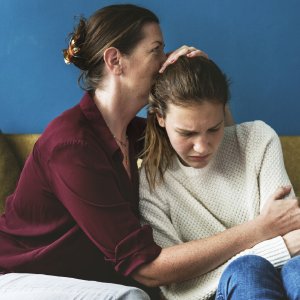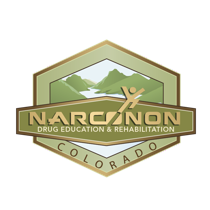How to Prepare for a Loved One to Come Home from Treatment

Having a loved one come home from treatment is exciting and nerve-wracking at the same time. In order to make the transition as smooth as possible, it is a good idea to follow some simple guidelines. The list could go on and on but here are a few things to help provide a solid start.
Establish ground rules.
Before a loved one even leaves the treatment facility it is imperative that ground rules be laid out. These should include, what is to be expected of each person involved once the person in recovery gets home. These rules need to lay out what is and is not allowed and what the consequences of said actions will be.
It’s ok to have some time to rest but don’t do it for too long.
Residential treatment is oftentimes a long process that requires a person to do a lot of difficult work. Because of this, it is perfectly acceptable for a person to take a few days off once they get home to relax and breath. However, it is not a good idea to take too much time off as being unproductive can lead to too much free time. Having too much free time in early recovery is never a good idea, so remaining productive is very important.
Go over the discharge plan.
Are there follow up appointments that the person needs to go to once they leave or a person they need to check in with at the treatment facility? What type of “homework” has been assigned to be completed once the person leaves? These are important questions that should be asked beforehand and will often be answered in the discharge plan. It is important to follow through with and discharge instructions as they are a continuation of the treatment process.
Clean out the house.
Go through every room, closet, and drawer throughout the entire house and make sure any and all alcohol or drugs have been removed. If there is a person in the house that takes a prescription medication with the potential for abuse, then go out and buy a new safe for it and keep it hidden away. The home should be a safe place for your loved one to come home to and having drugs or alcohol readily available is not only unsupportive, but it is also cruel.

If possible, get them a new phone number.
When possible it is always a good idea to get a new phone number after treatment. This will prevent old “friends” or dealers from being able to easily call or text your loved one. While there are still other ways they can get a hold of them if they really wanted to, it is still one less thing to worry about.
Let them know how they can work on regaining trust.
Addiction causes people to do things that hurt the ones they love and it takes time to heal old wounds and regain trust. While it is the responsibility of the recovered addict to rebuild trust it is helpful if they know what things they can do to work on making things better. For this reason, be open about how past behavior was hurtful and let them know what they can do to begin to make up for it. Just make sure to be reasonable in your requests.
Be supportive but not enabling.
It’s important to be supportive of your loved one and understand that there will probably be some tough days during the transition process. As long as what you are doing is helping the person stay sober and get back on their feet, it is ok. On the other hand, it is necessary to learn the difference between helping and enabling. The worst thing a person can do to someone in addiction recovery is to enable their old behavior to continue. This would include but is not limited to: allowing them to drink or use again without consequences and not holding them accountable and letting things slide that shouldn’t.
Ask for help if you need it.
A good program will allow you to stay in contact with them after the residential portion of treatment has been completed. Having a trained professional as a resource can be a lifeline in the event that difficulties arise. Sometimes just knowing that you are able to call someone who has experience with the process of addiction recovery can be all the reassurance that a person needs.
While every person is different, we all still need love, support, and encouragement. Providing these things to your loved one when they get home can make all the difference in the world.


